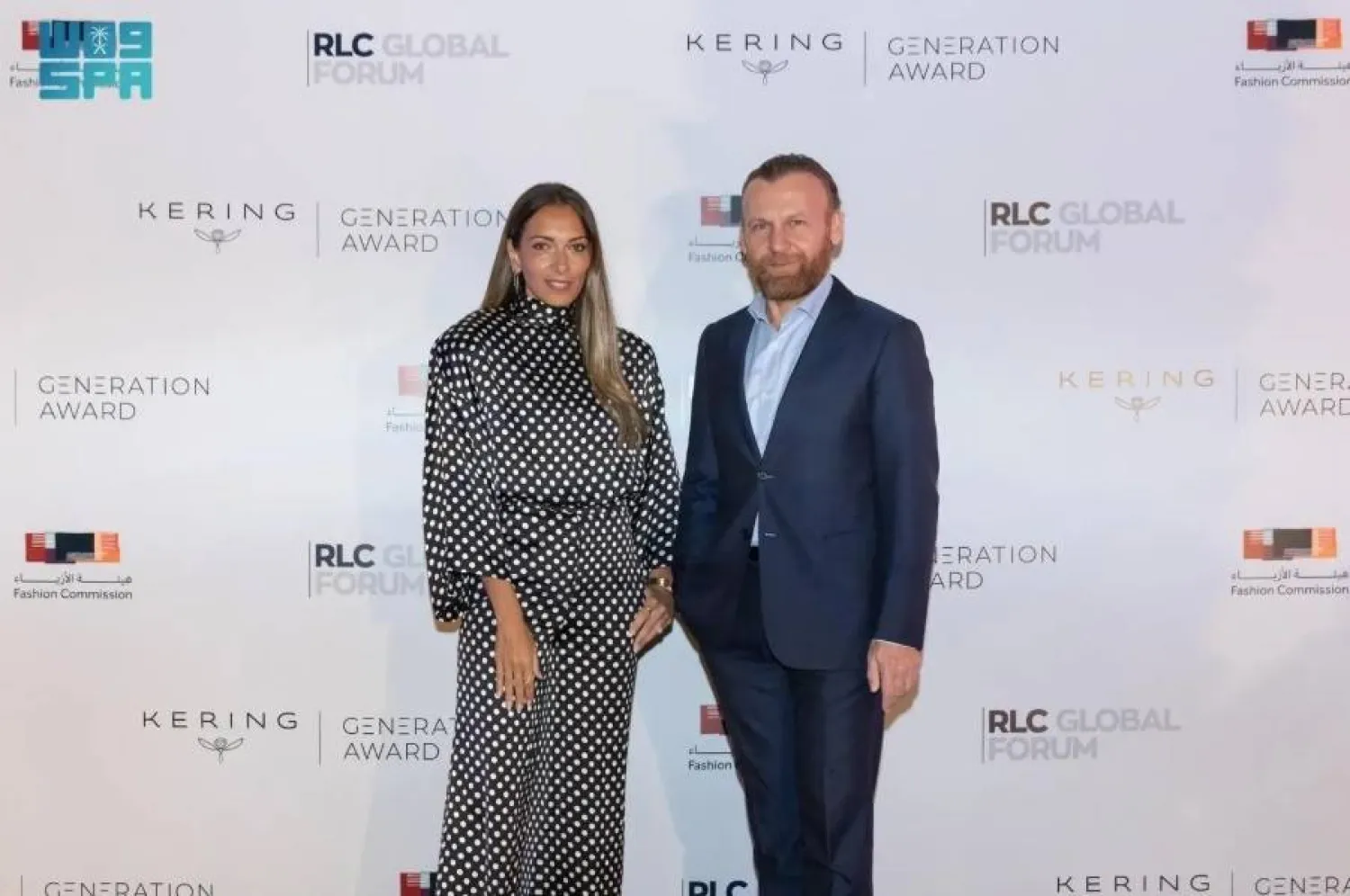The Saudi Fashion Commission launched an educational program initiative for fashion pioneers in collaboration with the French Fashion Institute and the Mohammed bin Salman Foundation “Misk.”
The initiative aligns with the Commission’s goals of empowering the local fashion industry and providing fashion professionals with the necessary tools for creativity and excellence.
The programs follow the Fashion Commission’s announcement of its strategic partnership with the French Fashion Institute in June of this year, including the launch of innovative educational programs. The programs combine the latest knowledge with practical experience and serve as a platform to empower designers, brand owners, and investors to grow in the fashion industry.
The programs launched by the authority include five training courses, including a preparatory course in executive business management in the fashion sector, conducted in three phases: a virtual training program, an in-person training program in Riyadh, and an in-person training program in Paris, culminating in a final project.
The Riyadh program includes introductory sessions on planning, marketing, sales, brand identity, business strategy, planning, visual merchandising, and retail. The training sessions in Paris feature academic elements, including lectures and activities focused on digital marketing, financial management, product development, and production.
The programs include a developmental course on advanced sustainability practices in the fashion industry, conducted in two phases: a virtual training program and an in-person training program in Riyadh. The course covers an introduction to fashion and sustainability, the study of the circular economy in fashion, innovation and technology in sustainable fashion, as well as strategies for implementing sustainability and social responsibility through a business model in the fashion sector.
The programs include a developmental course on exploring advanced research methods in design applications. The course highlights the essential project guidelines that form the preparatory foundations for designing a fashion collection. The six-day program focuses on the exploratory research aspect of a creative project at the intersection of contemporary global fashion, local and heritage materials, clothing, textiles, and local architecture. It will be conducted in two phases: virtual training and in-person training in Paris.
Moreover, the Fashion Commission offers a developmental course on visual merchandising and marketing in the fashion industry, lasting seven days in Riyadh. The course covers the fundamentals of building a fashion brand, marketing basics, visual display techniques, trend analysis, and insights into the fashion business landscape, distribution channels, and shopping strategies.
Additionally, there will be a developmental course in fashion photography, offering participants valuable insights into visual storytelling within the industry. The intensive six-day course, conducted in person in Riyadh, offers a comprehensive exploration of fashion photography, blending theoretical knowledge with practical application.









